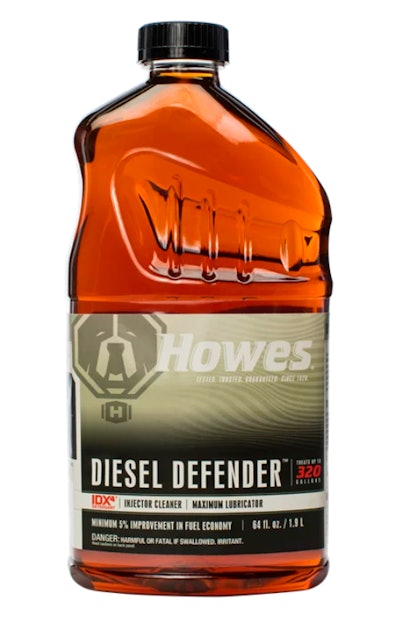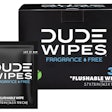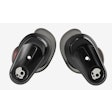By Rich Guida
There’s a well-known saying in the real estate world that goes like this, “The three most important words in real estate are, Location. Location. Location.”
Well, there is a similar saying when it comes to diesel fuel. “The three most important words in diesel fuel are Lubricity. Lubricity. Lubricity."
Since the 1990s, Environmental Protection Agency mandates have slashed the amount of sulfur in diesel fuel to less than 1% of its former level – currently 15 parts per million (ppm), formerly 5,000 ppm. Culminating in 2006, today’s ULSD or Ultra Low Sulfur Diesel, continues to face many challenges and drawbacks.
True, the reduced sulfur helps the environment and curbs sulfur-based urban air pollution, which is caused in large part by diesel traffic from large vehicles like trucks and buses. However, as with many things in life, this comes with tradeoffs. The downside to stripping all the sulfur out is you get diesel fuel with lower lubricity, which affects the ability of the fuel to reduce friction.

By using Howes Diesel Defender at every ll-up, critical lubricity is added back into the fuel system to combat premature wear of injectors, pumps, and upper cylinders in the “top end” of the engine. In fact, Diesel Defender adds up to 2.5 times the amount of required lubricity to provide superior power, protection, and performance.
RELATED NEWS: New Truckers Gear Guide comes with tips for a better life on the road
Beyond lubricity, everyone faces the same challenges when operating diesel vehicles. The most common problems seen by diesel engine operators tend to be low fuel mileage, poor cold-starting, and rough running for vehicles large and small. For users storing diesel, control of water build-up and fuel stabilization are both desired areas of improvement.
With over 100 years of expertise, Howes has tirelessly developed, tested, and refined the most trusted solutions to address all these issues and more. Providing a full line of the highest quality additives on the market, Howes has products perfect for big rig operations, light-duty vehicles, and fuel storage alike. Literally, any diesel system user can reap huge benefits from using Howes products year-round to treat their fuel.











